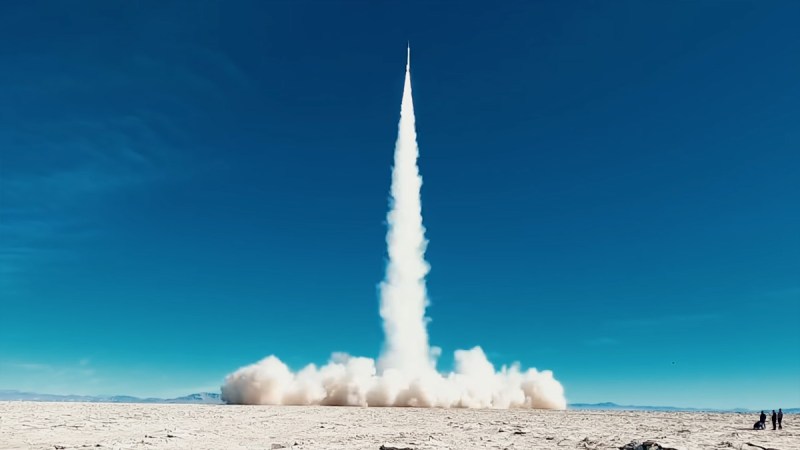
When it comes to space exploration, we often think of billion-dollar projects—NASA’s Artemis missions, ESA’s Mars rovers, or China’s Tiangong station. Yet, a group of U.S. students at USC’s Rocket Propulsion Lab (RPL) has achieved something truly extraordinary—a reminder that groundbreaking work doesn’t always require government budgets. On October 20, their homemade rocket, Aftershock II, soared to an altitude of 470,000 feet, smashing the amateur spaceflight altitude and speed records held for over two decades. Intrigued? Check out the full article here.
The 14-foot, 330-pound rocket broke the sound barrier within two seconds, reaching hypersonic speeds of Mach 5.5—around 3,600 mph. But Aftershock II didn’t just go fast; it climbed higher than any amateur spacecraft ever before, surpassing the 2004 GoFast rocket’s record by 90,000 feet. Even NASA-level challenges like thermal protection at hypersonic speeds were tackled using clever tricks. Titanium-coated fins, specially engineered heat-resistant paint, and a custom telemetry module ensured the rocket not only flew but returned largely intact.
This achievement feels straight out of a Commander Keen adventure—scrappy explorers, daring designs, and groundbreaking success against all odds. The full story is a must-read for anyone dreaming of building their own rocket.
No comments:
Post a Comment